How To Get Mortgage-Ready
Getting ready to buy a home doesn’t always start with finding a property. To give your mortgage application the best possible chance of being accepted, it’s worth laying the groundwork a few months in advance.
Your home may be repossessed if you do not keep up repayments on your mortgage.
Exclusive broker partner to
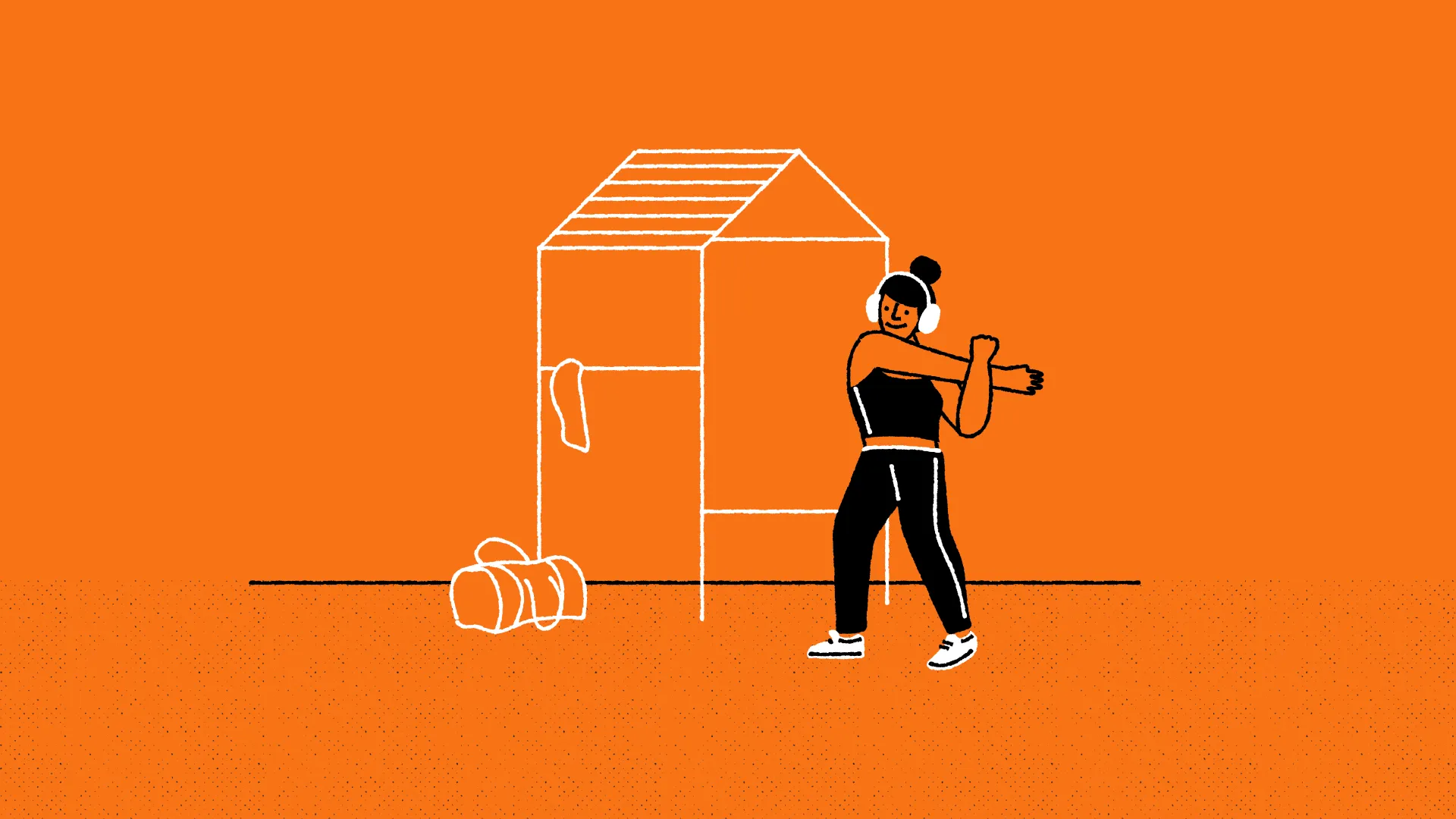
Author: Michael Whitehead Head of Content
16 mins
Updated: Oct 28 2024
Author: Michael Whitehead Head of Content
16 mins
Updated: Oct 28 2024
Please be aware that by following any external links you are leaving the Haysto website. Please note Haysto nor HL Partnership Limited are responsible for the accuracy of the information contained within external websites accessible from this page.
On this page
Get your credit in order
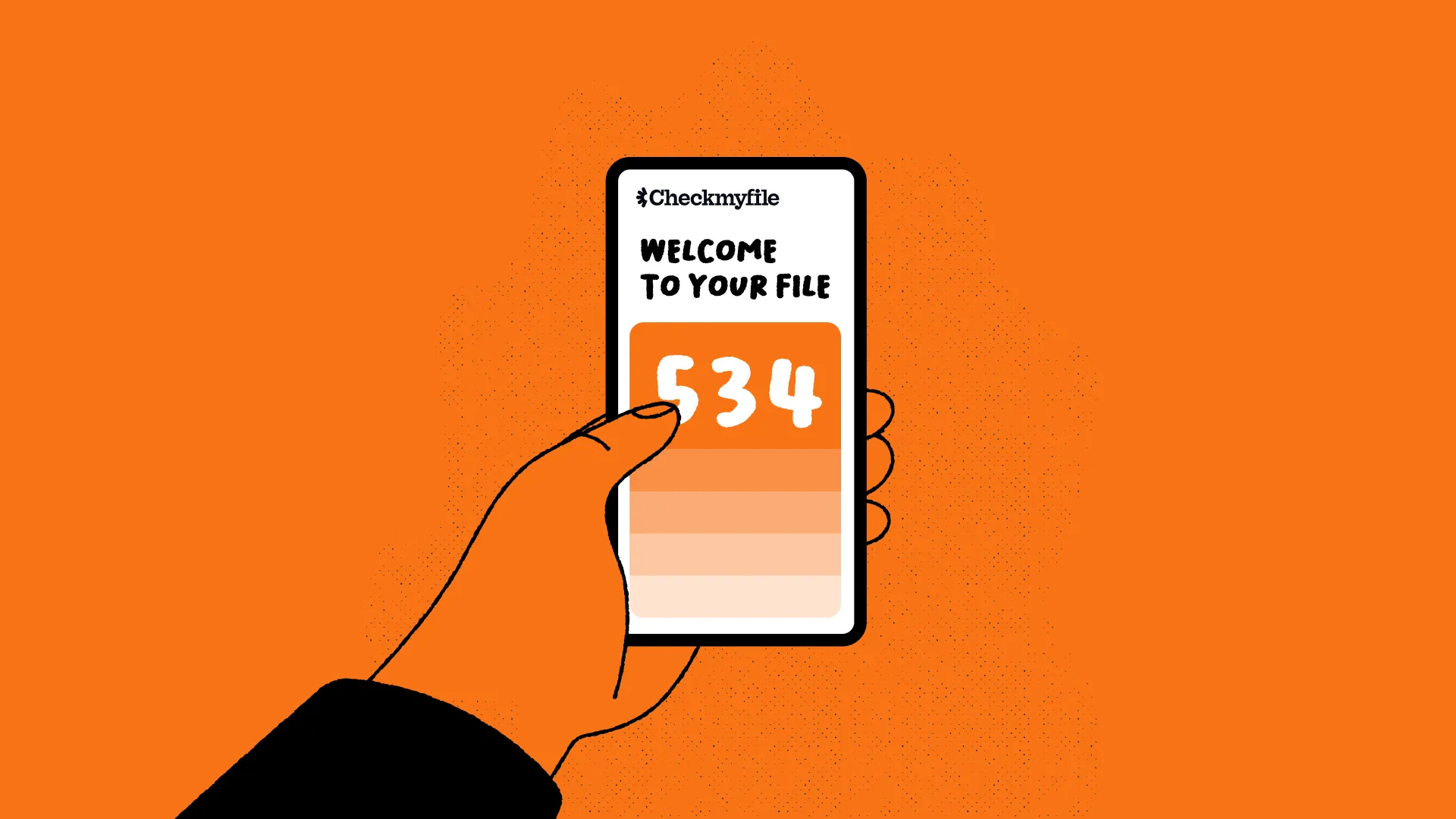
The first thing most lenders do when you apply for a mortgage is look at your credit history. So you should too.
Firstly, find out your credit score
First thing’s first. Find out where you stand with your credit score. Once you know where you’re at, you can then make a plan to improve. It might not even be as bad as you think, but you’ll need to face it head-on.
Your Credit Report is put together by independent companies known as credit reference agencies. In the UK, there's three main ones: Equifax, Experian, and TransUnion. These agencies have access to your financial and credit history, and that’s how they put together your report. You can use any of these to get a copy of your credit report, but they all do things slightly differently, so your report will differ depending on which one you check. Checkmyfile** is a platform that shows your entire report from across all three agencies, and it's free with a 30 day trial. Here's how to get your report.
**When you click through to our affiliate links, we may earn a small commission at no extra cost to you. We only recommend sites we trust and believe in.
Check who you’re linked to, and who could harm your score
It’s easy to forget that financial links to other people stay on our credit file unless we remove them. If you’ve struggled to get credit in the past, check if you still have any accounts with other people. A joint credit card with an ex or a utility bill with an old flatmate will all stay on your file unless you close the account.
If you're still linked to someone and they have bad credit, it could be hurting your score too. And even if they have good credit now, you still risk your score if they miss payments in the future.
Correct any errors on your report
Have a look at your report in detail and check if everything looks right. It’s possible for errors and mistakes to be made, so if something seems off then it’s worth investigating. If you spot a mistake, like a late or missed payment that you’re sure you made on time, contact the company that’s billed you incorrectly to put it right.
Manage your available credit
Do you know how much credit you have at your fingertips? Mortgage lenders will look at your available credit and how much of it you’re using. This is known as ‘credit utilisation’. Banks work this out by dividing your current debt by your available credit limit.
As a general rule, it’s best to try and keep this under 30%. But it’s not 'game over' if your percentage is higher than this, you’ll probably just need to find the right lender. A mortgage broker (like us!) can help you do this.
Plan your credit applications
Applying for a loan or credit card isn’t likely to hurt your score on its own. But making lots of applications in a short space of time can drag your score down and indicate to lenders that you’re relying too much on borrowing. When you apply for credit, lenders carry out what’s called a ‘hard search’ which gets noted on your file and will be available for other lenders to see. Too many hard searches at once can make things tricky.
Try to avoid applying for credit in the lead-up to getting a mortgage. But if you DO need to borrow in the months before your mortgage application, make sure it’s just the one.
Move away from minimum payments
It’s tempting to keep costs down by just paying the minimum on your credit card balance every month. But it’s much better to pay as much as you can to really chip away at your loan (if you can’t pay it off in full). Your credit score will look healthier, and lenders will see you’re managing your balances rather than just-about-coping. You’ll also have paid down more of your outstanding debt by the time it comes to application.
Register on the electoral roll
Sounds odd, but not registering to vote can affect your credit score. Being registered makes it easier for lenders to prove your identity and your current address. So double check you’re registered under the correct info, and it’ll work in your favour when you’re applying for a mortgage.
Access Your Credit Report
To get a full view of your credit information from all three agencies, use Checkmyfile free for 30 days, then £14.99/month (cancel anytime).
Get Started NowManage your spending
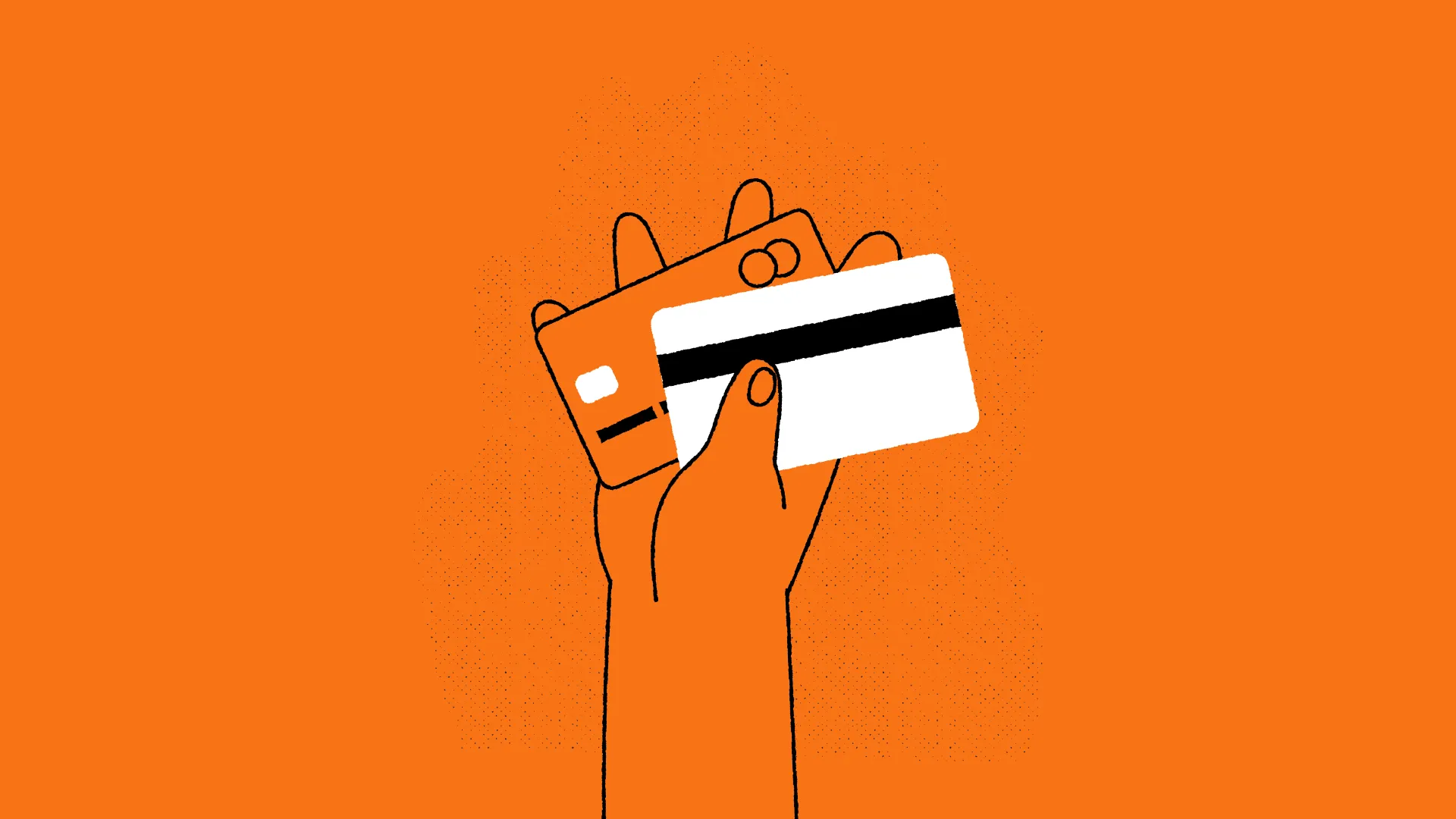
It makes sense to live a little frugally in the run-up to buying your first home. Lenders like to see good spending habits and applicants who live within their means. Along with the mortgage itself, you need to budget for things like moving costs and solicitor fees.
Look at your affordability
These days, mortgages are stress-tested rigorously before an application is approved, and affordability checks are a crucial part of the application process.
As part of your affordability assessment, mortgage lenders will look at your monthly debt repayments (credit cards, bank charges, loans). They’ll add these commitments to your monthly expenses and measure this against your income. Lenders want you to be able to make your mortgage repayments without struggling. If you’ve got plenty of wiggle room after your monthly outgoings, then you’re more likely to be accepted.
Getting to grips with what you can afford will keep you one step ahead when it comes to mortgage time.
Set up a direct debit for your bills
Life can be hectic, and it’s easy to lose track of what needs to be paid and when. Missed payments - even for little things like mobile phone contracts - can stick around on your credit file for six years.
When possible, it’s best to set up a direct debit so you don’t have to think about it. Just make sure you know WHEN everything’s coming out so you have enough in your account. A clear payment record makes things a bit easier when it comes to mortgage time.
But don’t panic if you have late payments on your file. We specialise in mortgages with bad credit history, and can find lenders who’ll consider you. Read more about getting a mortgage with late payments.
While you’re setting up your payments, have a review of everything you pay by direct debit. They might seem insignificant on their own, but all the little subscriptions and auto-payments really add up, and a lender will use this total to measure how much you can afford to borrow.
Make sure you've included everything that goes out in your budget, and cancel any you don't need (just make sure you let the company know you’re cancelling first).
Manage your overdraft
An overdraft is useful in an emergency, but it's a really expensive way to borrow. And once you're in it, it can be hard to break out of.
If you're constantly in your overdraft, mortgage lenders might think you’re living close to the edge of your finances, so avoid it if possible. Being in your overdraft won’t stop your application in its tracks, but it’s a good idea to think about chipping away at it ahead of the mortgage process. Our Mortgage Experts can look at your options and advise you on how to prepare for your mortgage application.
Manage your outgoings
Mortgage lenders look at how you manage your money, and if there’s cash left over in your bank account after you’ve paid out all your regular bills. As a general rule, what you’ve got left should be big enough to cover your mortgage repayments.
Mortgage lenders go through your bank statements and check how many commitments you have. If you’re paying for a gym you don’t use or spending lots on takeaways or nights out, it’s all going to add up and give you less wiggle room.
Once you’ve set up your budget, you’ll be able to spot where there’s room to cut down in the lead up to your application.
Pause that payday loan
Showing you can borrow money and pay it back on time is generally a good thing for mortgage applications. But when it comes to payday loans, it can really make things difficult - even if they were repaid on time and in full.
Generally, lenders don’t like payday loans because they take it as a sign that you struggle to manage your money, and might again in the future. Lenders base all their decisions on risk, and a history of payday loans is deemed ‘high risk’. Some lenders think relying on payday loans to cover your everyday living expenses means you’ll struggle to keep up with your monthly repayments.
Don’t worry if you have payday loans on your credit file - it’s definitely possible to get a mortgage after using them. You’ll just need to work with a specialist mortgage broker (like us!) to find a lender who’ll consider you. It'll also make things A LOT easier if you avoid them in the lead-up to your application.
Forget the flutter
Gambling and mortgages don't tend to mix well. The occasional bet or lottery ticket won't count against you, but if you're an active gambler, lenders may see you as a risk. Even a weekly £10 bet on your football team or the occasional day at the races is usually acceptable, as long as it's well within your means.
But if it looks like a significant chunk of your monthly income is going on betting then you might struggle to get accepted, especially if you're eating into your overdraft or savings.
Keep clear of Klarna
Buy Now Pay Later companies are everywhere these days - most online shops proudly display their logos to tempt us when browsing. Sites such as Clearpay and Klarna allow customers to spread the cost of purchases over a few weeks, interest-free.
But using them regularly can cause concern when it comes to mortgage applications, as it can indicate to lenders that you're living outside your means. If you can, try to pay for things outright in the lead-up to your mortgage application.
Cut down on cash machines
Mortgage lenders don’t like to see lots of cash withdrawals as it leaves no paper trail for them to see what the money was spent on.
Most illegal purchases are paid for 'cash in hand', so even if you're using the money for something perfectly legit, it might set alarm bells ringing - particularly if you regularly take out large amounts. If you can, try to avoid getting lots of cash out in the months leading up to your application.

Let's Get Started
We Make Mortgages Possible
Our Mortgage Experts are fully qualified with experience in bad credit, self-employed and complex mortgages. They have a proven track record of getting mortgages for people who’ve been rejected elsewhere.
Get Started Now Get Started NowGet on top of your income
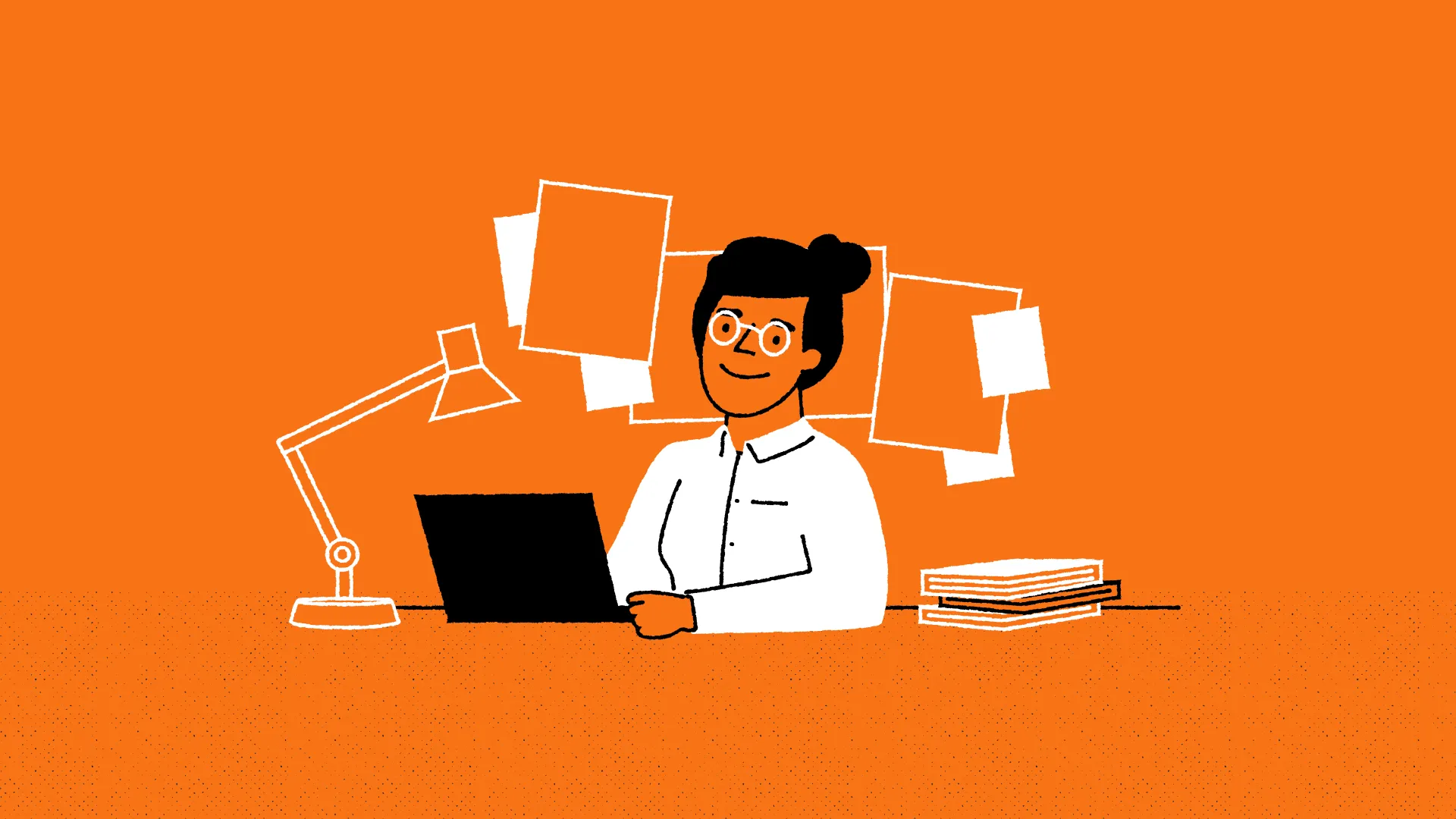
Obviously your salary and earnings are the most important thing when mortgage lenders look at your income, but did you know that several lenders will look at your other sources of financial stability too?
Know what you’ve got
Some lenders will consider your savings if you have enough money in the bank, or if you receive disability or child benefit. If you get tips, bonuses or commission in your line of work, some will also take this into consideration. Make sure you correctly document all your different income streams in your budget so you know where you’re at.
All lenders do things differently, that's why it's so important to apply to the right one. You don’t want to waste time, effort and money applying to a lender who isn't going to accept you. Our Mortgage Experts can give you the best possible chance of getting it right, first time.
Work out your ‘debt to income’ ratio
Your debt to income ratio is a percentage that shows the amount of debt you have against what you earn. Mortgage lenders will use this ratio when working out how much you can borrow, so it’s good to get an idea before you apply. Different lenders will have different limits for debt to income ratios, but in general, the lower your percentage, the more likely you are to be accepted.
Don’t worry if your ratio is high - that won’t stop a mortgage application in its tracks. Everyone’s situation is unique, and you’ll just need some help from a Mortgage Expert to help you find the right lender.
Protect your income … and yourself
If you’re making a plan to buy, you’ll start to get to grips with what’s coming in and out - but what would happen if you suddenly couldn’t work? No one wants insurance until they need it, and life has a habit of throwing us curveballs.
Statutory sick pay is £116.75 per week in the UK. Could you or your family live off £116.75 a week? While saving up to buy? Probably not. That's why it really is so important to get protected, especially when you're looking to become a homeowner. Our in-house Insurance Specialists form part of your dedicated mortgage team, and work with you to make sure you have all bases covered.
You also get free life insurance cover as a Haysto customer from the time you get your mortgage offer to completion, meaning if anything were to happen during the process then you wouldn’t lose your new home.
Look at all your buying options
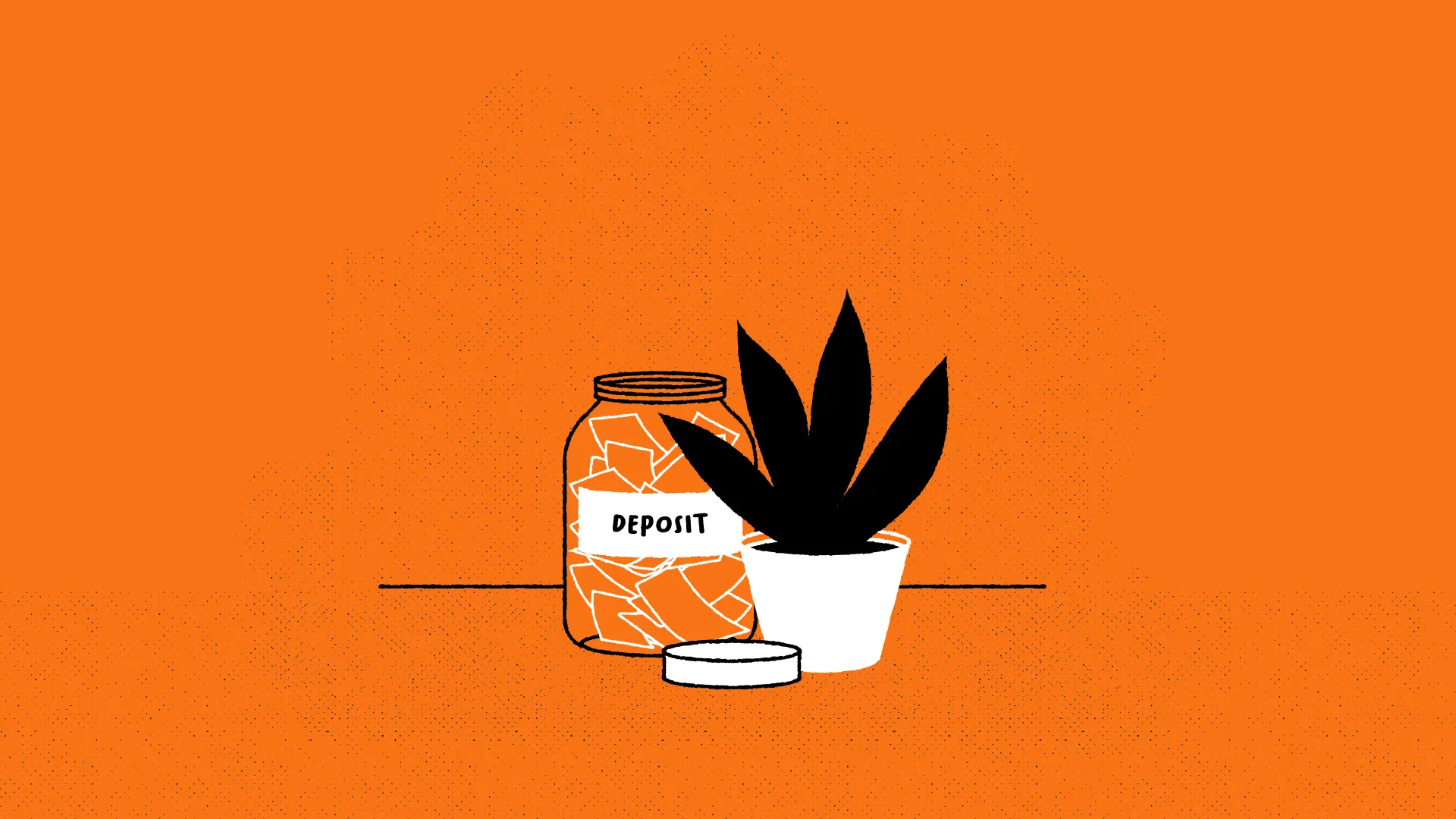
Going out into the open market? Or will you need a leg-up on the property ladder? Either way, there’s a few options to explore.
Make a deposit plan
The deposit. The biggest hurdle for any first time buyer. It can feel impossible to save enough for a decent down payment while also paying huge rents and other bills. But there are options if you can’t gather a big deposit.
Generally, the smaller your deposit (compared to the loan size) then the higher your interest rate will be. This is because there’s more of a risk to lenders when you borrow a lot of money. They’re investing in your property, and there’s always a risk that your home could decrease in value, making for a bad investment. At the moment, 5% of the purchase price is the minimum deposit you’ll need if you want to buy a place on the open market.
Size up Shared Ownership
Shared Ownership (sometimes called Part Ownership) is where you buy part of a property and rent the rest. You take out a mortgage on the share you're buying, then pay a reduced rent on the part you don't own. You’re able to buy between 25-75% of the home, and can buy some or all of the remaining share later on when you can afford to.
This particular scheme is only available for new-build homes and some existing properties via specific resale programmes from housing associations. They’re always leasehold, meaning you won’t own the land your property is built on and may have to pay ground rent and maintenance costs.
Shared Ownership mortgages help people who can’t afford to buy a home at its full value to purchase a share of a property and rent the rest. It’s a good option if you’re struggling to save for a big deposit. You'll generally put down a deposit of between 5-10% of the share you're buying.
Council tenant? Research Right to Buy
If you’re a council tenant in England, and you love the home you’re in, you could be eligible to purchase your home through the Right to Buy scheme.
Right to Buy lets you buy your council home for a discounted price - most lenders will then accept your discount in place of a deposit. There’s a few things to consider though, such as you’ll no longer get housing benefit, and you won’t have as many lenders to choose from.
Get a guarantor (if you can)
If you’re struggling to save anything for a deposit, you could apply for a guarantor mortgage, where someone else (usually a parent or other senior family member) agrees to pay your mortgage if you can’t.
Your guarantor won't own any share of your property, they’re just agreeing to pick up the mortgage payments if you’re unable to. It's not something to take lightly - if you can’t make your repayments then your guarantor could lose their home. The person you ask should be someone you trust, and someone who’s financially secure.
Get expert advice
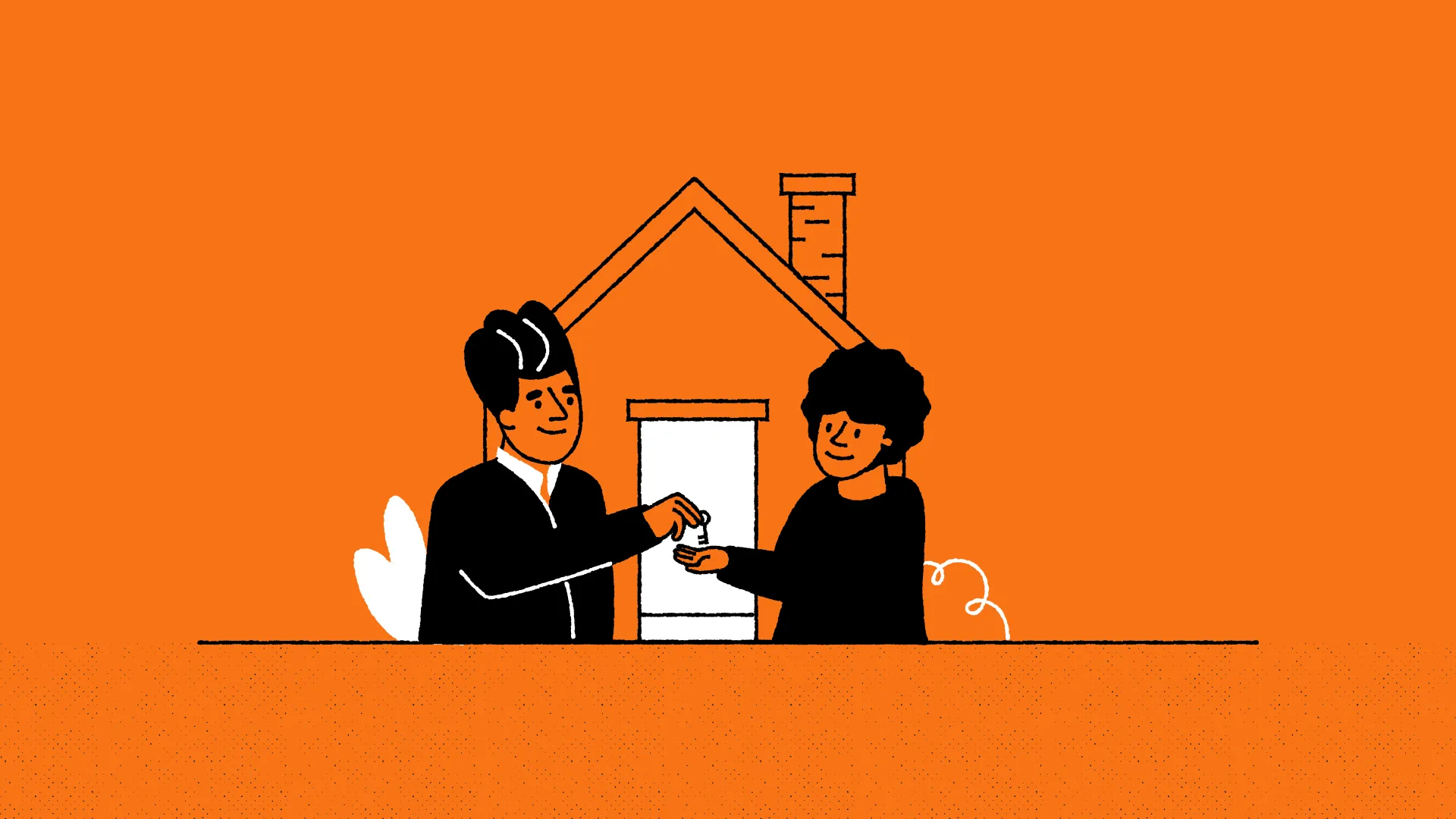
The mortgage world can be confusing. But when you have the right expert and lender on your side your chances of mortgage success are much higher.
Pull your paperwork together
You need to submit lots of documents as part of your mortgage application, so gathering it ahead of time will really speed things up, as well as making you feel like you're organised and on top of things.
The documents you’ll usually need include:
Your last three months' bank statements
Your last three months' payslips
Proof of bonuses/commission
Your latest P60 tax form (showing income and tax paid from each tax year)
Your last three years' certified accounts or SA302 tax calculation and tax year overview (if self-employed)
Proof of deposits (eg, savings account statements)
ID documents (usually a passport)
Proof of address (eg, utility bills or credit card bills)
A gift letter. If you're getting deposit help, the lender needs to know it is a gift (not a loan), and that the giver won't part own the home.
Don’t panic if you’ve just started a new job, or haven’t been self-employed for very long - you still have options. You’ll probably just need to go a more specialist route.
Work with a mortgage broker - especially if your situation’s tricky
Price comparison sites are great for doing some initial research, but they can’t match the knowledge of an expert advisor.
Most specialist mortgages aren’t available directly to borrowers. These mortgages - which are often ideal for people in complex situations such as bad credit history or self-employment - are only available through mortgage brokers, so it’s best not to limit your selection by working alone.
A broker can cut through the noise and find the best mortgage for your unique situation. They can save you time and, potentially, some money too.
How Haysto can help!
Getting ready to buy a house isn’t easy, especially if you're trying to do it alone.
Your home is likely the biggest purchase you’ll ever make, and there’s so much more to mortgages than just comparing products online or asking your bank. Some offers might appear to be great on the face of it, but knowing which mortgages will actually meet your needs is a real skill.
That's where we come in. Our Mortgage Experts take the time to get to know your personal needs, and can compare hundreds of different mortgages that you wouldn't have access to if you were going it alone.
They can also work with you to plan for a mortgage further down the line if you’re not ready just yet - with a clear roadmap for getting on the property ladder.
Buying a home can also be a really stressful time, and having someone who’s done it many times before can be a huge comfort. Get in touch with us and we’ll discuss all of your options.
We Make Mortgages Possible
Our Mortgage Experts are fully qualified with experience in bad credit, self-employed and complex mortgages. They have a proven track record of getting mortgages for people who’ve been rejected elsewhere.
Get Started NowInformation
Tools & Guides
Haysto, a trading style of Haysto Ltd, is an appointed representative of HL Partnership Limited, which is authorised and regulated by the Financial Conduct Authority.Registered Office: Haysto, Crystal House, 24 Cattle Market Street, Norwich, NR1 3DY. Registered in England and Wales No. 12527065
There may be a fee for mortgage advice. The exact amount depends upon your circumstances but will range from £599 to £1599 and this will be discussed and agreed with you at the earliest opportunity.
The guidance and/or information contained within this website is subject to the UK regulatory regime and is therefore targeted at consumers based in the UK.
Your home may be repossessed if you do not keep up repayments on your mortgage.








